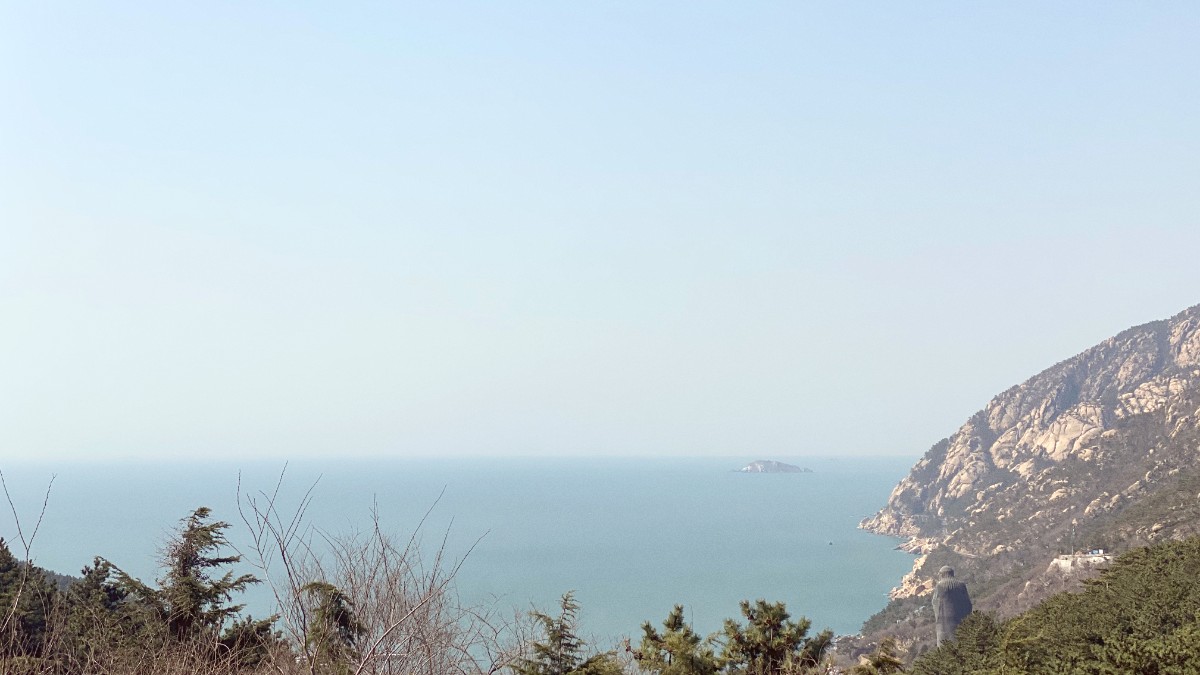
The Coast, Kenya
Support Malindi & Watamu Marine National Parks by paying fees and following regulations. Mida Creek is a focus of mangrove conservation.
Minimize waste with reusable items. Recycling infrastructure is limited. Be mindful of water usage due to potential scarcity.
Seek resorts and tour operators committed to sustainability, using solar power, managing waste, and supporting local communities.
Support initiatives that protect Swahili heritage. Visiting the Malindi Museum and contributing to traditional craft workshops directly aid cultural conservation.
Modest dress, notably in local areas, shows deference. Always greet people warmly ("Jambo!"). When shopping, bargain respectfully. Learning basic Swahili phrases is appreciated.
Always request permission before taking photos of individuals, especially children. Some may ask for a small fee. Do not photograph military installations or government buildings. Respect privacy in religious sites.
Dress modestly when visiting mosques or churches: shoulders and knees covered; women often cover their heads. Remove your shoes before entering mosques. Maintain a quiet and respectful demeanor inside.
A friendly and open demeanor enhances exchanges and understanding.
Explore local toursAn open mind and genuine curiosity about local customs greatly enhance your journey and foster positive relationships with Malindi's residents.
Your choices as a traveler can have a positive economic presence for Malindi's local communities.
Support tours or activities that directly benefit local communities. Visits to the Mida Creek boardwalk, organized village tours, or purchasing crafts from local co-operatives.
Seek certified fair trade products. Prioritize purchasing directly from artisans or small local businesses. This ensures money reaches producers directly and they receive a fair price. Avoid purchasing from children.
Choose to eat at local eateries, use local tuk-tuk drivers, and hire local guides. This practice keeps money circulating within the local economy and directly supports Malindi's residents and their families.
Do not give money directly to street children; this can encourage begging and deter school attendance. Instead, support reputable local charities. Avoid activities with wildlife exploitation.
If you wish to donate, do so through established local charities or community projects rather than giving directly to individuals. This helps ensure funds are utilized effectively for community development.
Identify reputable non-governmental organizations operating in Malindi or Watamu.
See the work of projects firsthand before committing financial support.
Support initiatives focused on children's education or health programs.
Direct giving to street children often fuels begging circles and deters school attendance. Support local charities instead. Report any signs of child exploitation.
Make thoughtful decisions that benefit both the local environment and community. Your visit has a lasting influence.